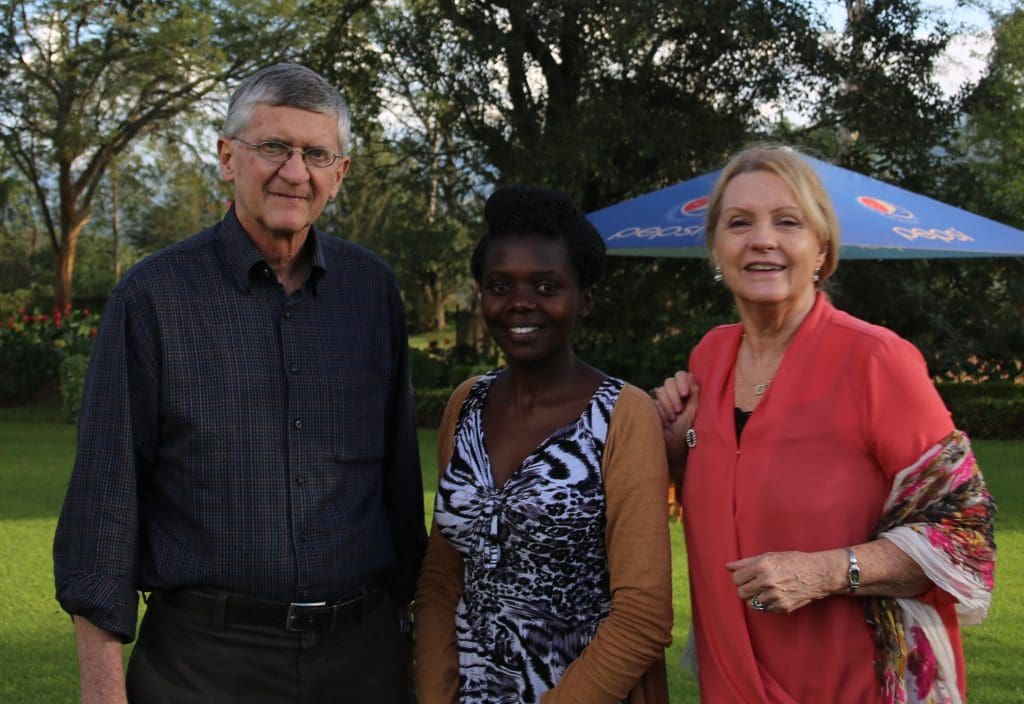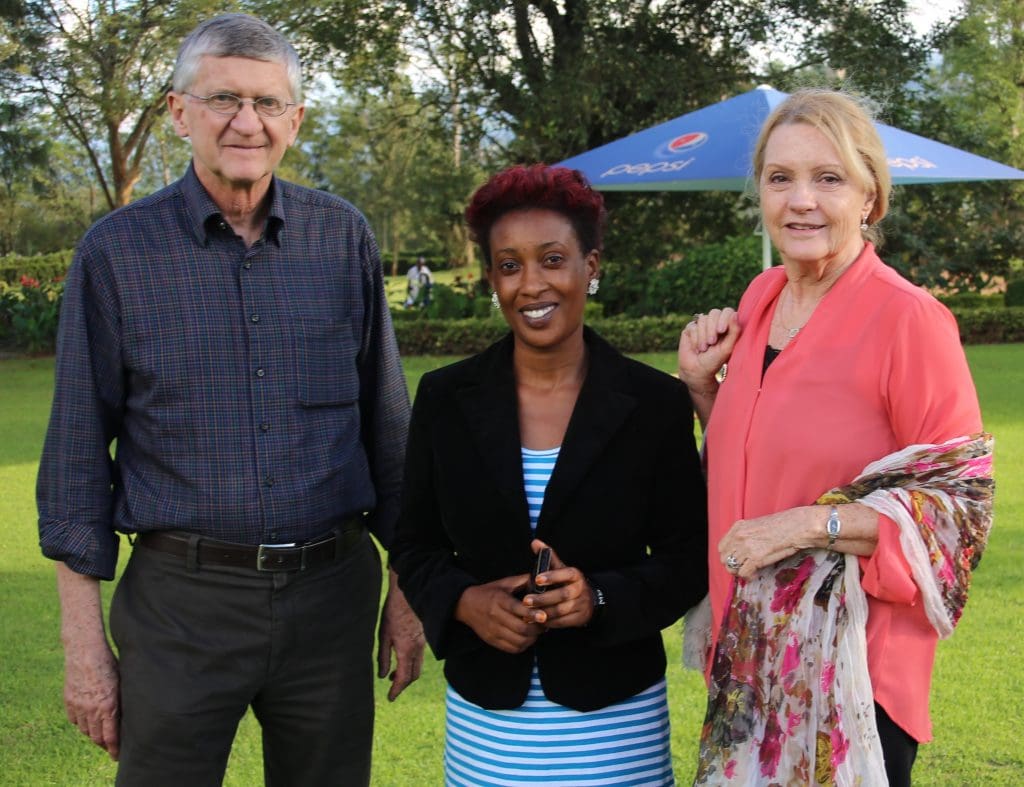Enabling Constructive Solutions to Land Disputes in Uganda
By Natasha Dyer
 Land in Uganda is not just a practical site for farming, building, buying or selling. As Ugandan native and PhD student, Betty Okot, notes in IIED’s blog, in most of Uganda, land evokes history, heritage, identity, rights and relationships. It creates a form of social security and helps define social, religious and cultural values— in addition to belief systems. Land is thus highly sought-after—and those with significant economic power or ambition often pursue land purchasing and development— while ignoring the suffering it creates for the people who live and work there.
Land in Uganda is not just a practical site for farming, building, buying or selling. As Ugandan native and PhD student, Betty Okot, notes in IIED’s blog, in most of Uganda, land evokes history, heritage, identity, rights and relationships. It creates a form of social security and helps define social, religious and cultural values— in addition to belief systems. Land is thus highly sought-after—and those with significant economic power or ambition often pursue land purchasing and development— while ignoring the suffering it creates for the people who live and work there.
MBBI’s Uganda project was established after an NGO, The National Foundation for Democracy and Human Rights in Uganda (NAFODU) in Kabale, southwest Uganda, asked MBBI for help to enable local Ugandan communities to deal more constructively with land-related conflicts. The project aims to ensure people in southwest Uganda have access to land-related conflict resolution services that consider all parties’ interest, and produce lasting results rapidly.
For historical and economic reasons, land-related conflicts are endemic in southwest Uganda and affect almost all families. Conflicts about issues such as land inheritance take place within families, including between: siblings, children and parents, spouses, as well as nuclear and extended family members. There are also land-related conflicts between families and government entities, large corporations, and tribes—although these are less prevalent in this particular region of Uganda.
Though MBBI’s support to NAFODU has not yet reached the stage of helping local communities find and implement processes that will work best for them, MBBI Uganda representative, Curt Micka, anticipates that techniques such as circle dialogue work, dispute resolution boards and other indigenous peacemaking and transforming techniques, will be used by some local communities to engage people constructively in conversations about land issues.
Curt became involved with the project after MBBI put out a call for a team to explore the possibility of working with NAFODU. He had previously conducted training sessions about moving forward from inter-agency competition and ‘conflict to collaboration’ in South Africa, Kenya and Uganda—for USAID, the State Department, and the CDC. Trained as an attorney, he has also worked as a mediator for more than 25 years. He currently works with teams and individuals, helping them find ways to work together more consciously, collaboratively, creatively, and constructively.
 Part of MBBI’s Uganda project’s collaborative approach is to bring together other organizations in-country to support and collaborate with NAFODU in delivering their mission. Those organizations have a wealth of experience and knowledge regarding Ugandan land rights and previous strategies deployed in Uganda to address land conflicts— along with a host of skilled facilitators and mediators. To date, organizations have expressed interest in working together to share and leverage resources, and attempt to create a “model” for how to work with communities throughout Uganda in dealing with land conflicts.
Part of MBBI’s Uganda project’s collaborative approach is to bring together other organizations in-country to support and collaborate with NAFODU in delivering their mission. Those organizations have a wealth of experience and knowledge regarding Ugandan land rights and previous strategies deployed in Uganda to address land conflicts— along with a host of skilled facilitators and mediators. To date, organizations have expressed interest in working together to share and leverage resources, and attempt to create a “model” for how to work with communities throughout Uganda in dealing with land conflicts.
MBBI’s project focuses on empowering Ugandan women to advocate for more gender equity in dealing with land-related matters—including ownership, inheritance, and conflict resolution/transformation. In Uganda, women face a number of challenges including discrimination, low social status, lack of economic self-sufficiency, and greater risk of HIV/AIDS infection. Gender discrimination in Uganda means that women must submit to an overall lower social status than men. For many of these women, this reduces their power to act independently, become educated, avoid poverty, or escape reliance upon abusive men. This holds true for land-related matters, where women very rarely have a voice of authority in disputes over land ownership, management and rights.
NAFODU and MBBI recognize that for land-related conflicts to be transformed into agreements and solutions, women must be involved, empowered and treated like equal stakeholders. MBBI is supporting NAFODU to design and undertake work that makes this possible, supporting them to provide access to land conflict resolution processes that are fair, timely, enforceable, and durable.
Looking ahead, MBBI will support NAFODU and its partners in empowering local communities to discover processes that will more effectively and creatively resolve land conflicts. MBBI will assist NAFODU in expanding its work, resources, and knowledge through partnerships.
